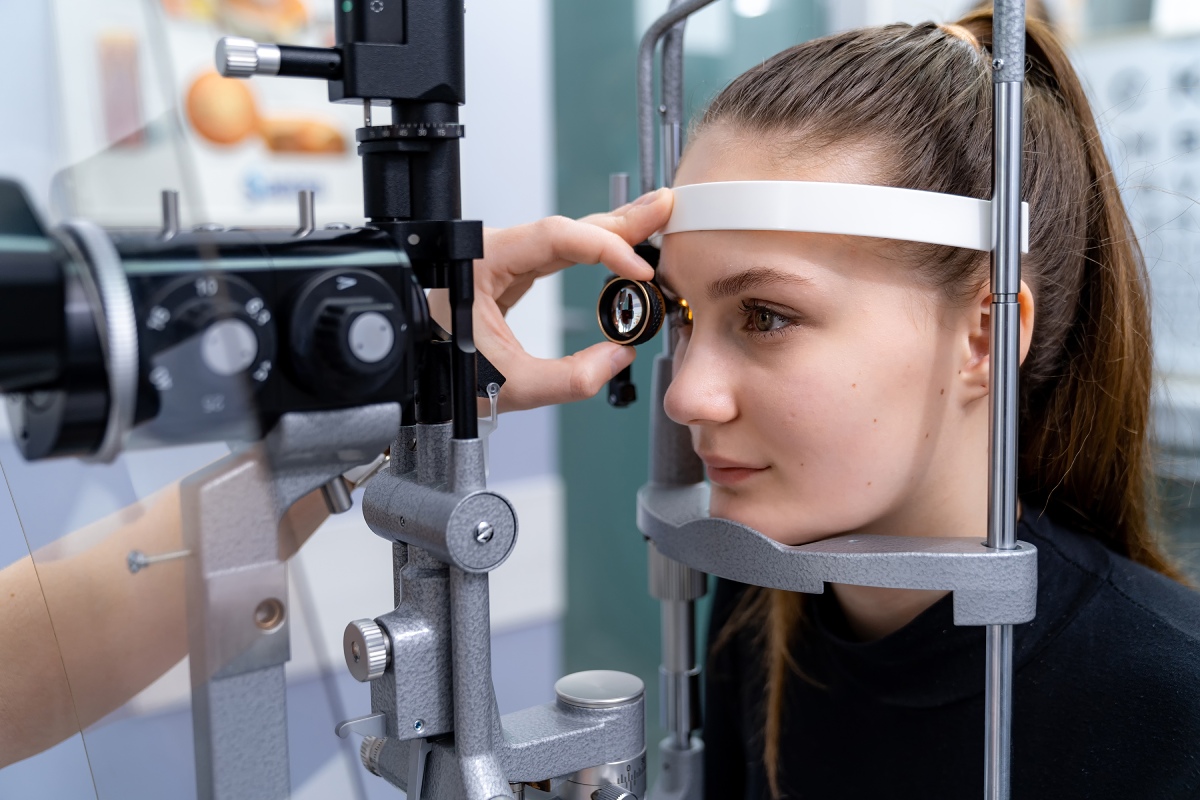Eye exams are much more than checking how well you can see. They are a window into your overall health, allowing eye doctors to detect conditions like diabetes early on. You might be surprised to learn that your eye doctor can diagnose diabetes before you notice symptoms. In fact, your optometrist may be the first to detect signs of diabetes, even before your primary care provider! Learn how eye exams can help detect diabetes and why it’s important to schedule regular visits with your eye doctor.
How eye exams can reveal diabetes
During a comprehensive eye exam, our eye doctor doesn’t just look at how well you can see. They also examine the structures in the back of your eye, including the retina, blood vessels, and optic nerve. These areas can provide valuable clues about your health.
At Family Eye Care in Bristol, we use advanced technology like digital retinal imaging or optical coherence tomography to capture high-resolution images of the retina and other structures in the eye. We can even track changes over time and recommend treatment to prevent further vision loss. There are a few different ways we can spot early signs of diabetes:
Retinal changes
Diabetes can damage the blood vessels in the retina, a condition known as diabetic retinopathy. Our eye doctor can see these changes and assess their severity. Early signs of retinopathy might include swelling, bleeding, or the growth of new, abnormal blood vessels.
High blood pressure
People with diabetes often develop high blood pressure, which our eye doctor can also detect during an eye exam. High blood pressure can exacerbate diabetic retinopathy and lead to other complications. By examining the blood vessels in your eyes, we can identify signs of hypertension.
Fluid leakage
Damaged blood vessels in the retina can leak fluid, leading to swelling and blurry vision. Our eye doctor can spot these changes during a retinal exam.
Why early detection matters
Detecting diabetes early is crucial for managing the condition effectively. Early detection of diabetes can help prevent or delay serious complications, such as vision loss, heart disease, kidney problems, and nerve damage. By catching the disease early, you can take steps to manage your blood sugar levels and reduce the risk of these complications.
If your eye exam reveals signs of diabetes, you can work with your healthcare provider to develop a treatment plan. This might include lifestyle changes, medication, and regular monitoring to keep blood sugar levels in check.
Managing diabetes effectively can help you maintain a good quality of life. Early intervention can prevent the progression of the disease and help you live a healthier, more comfortable life. If you’re due for an eye exam or have concerns about diabetes, schedule an appointment at Family Eye Care today. We offer diabetic eye exams in Bristol, Connecticut to catch problems early and help you protect your eyesight.

